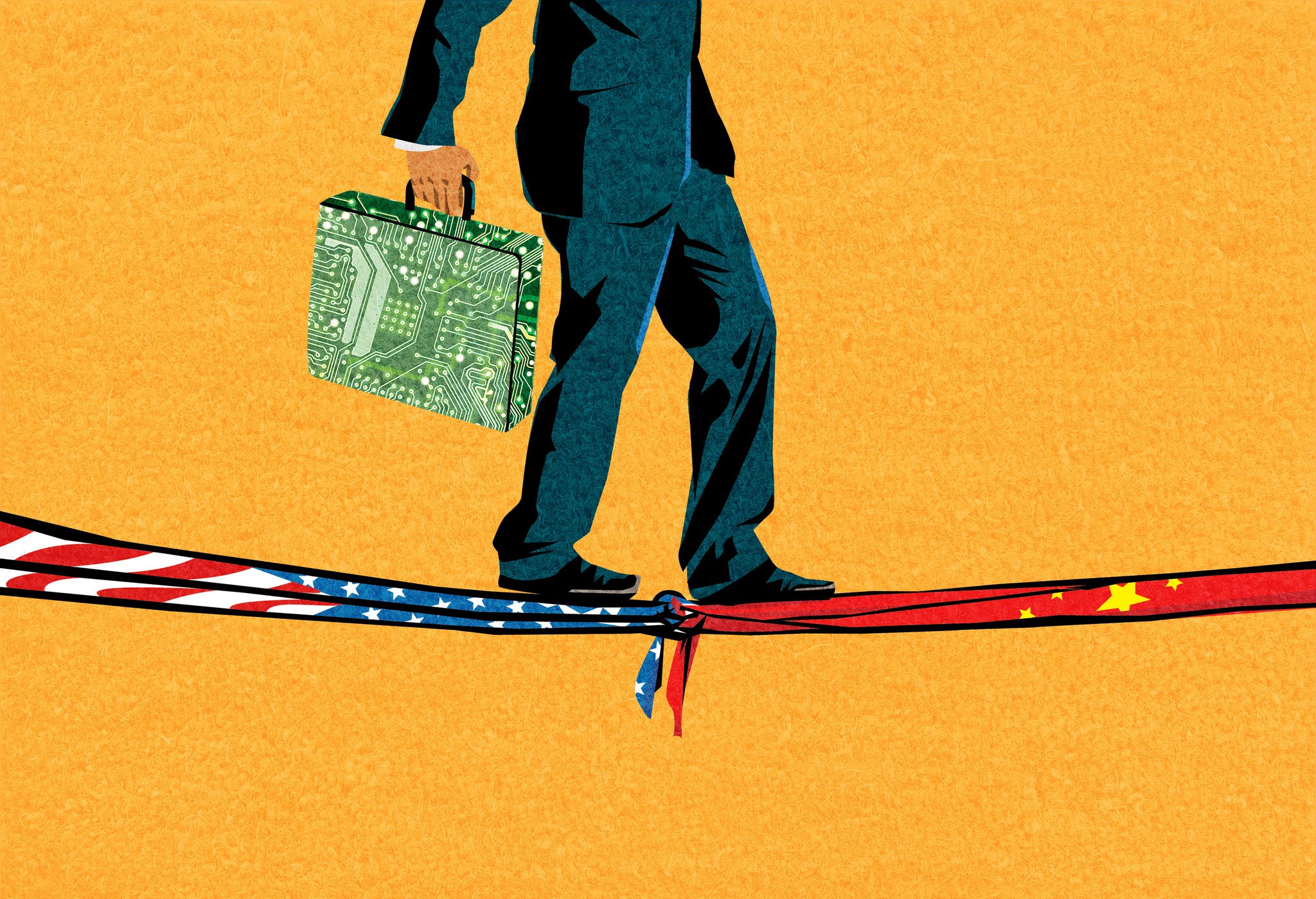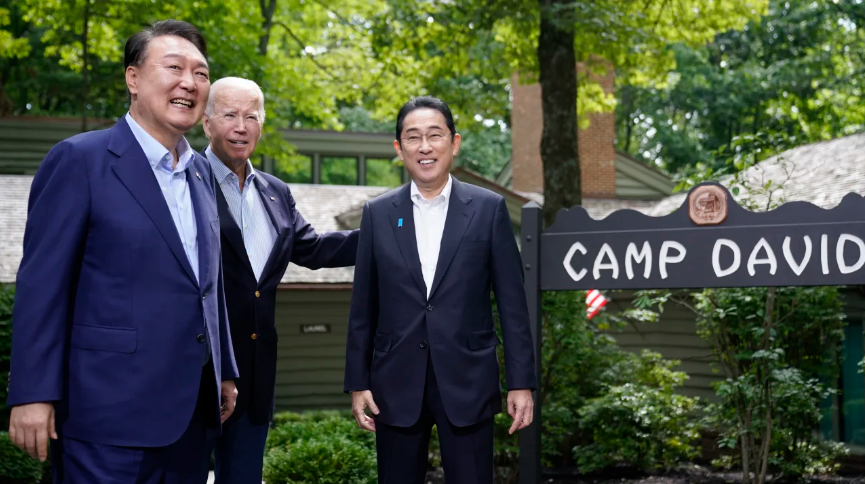
Zhao Minghao, Professor, Institute of International Studies, Fudan University, and China Forum Expert.
Feb 29, 2024
The United States seeks to widen the technology gap with China as much as possible and thus will create more barriers for Chinese research and development. It may even try to push back some of the technological advancements China has made. China needs to prepare for greater pressure.
Zhong Yin, Research Professor, Research Institute of Global Chinese and Area Studies, Beijing Language and Culture University
Feb 20, 2024
America’s actions that are directly detrimental to China’s interests render China’s cooperation in some regions irrelevant. The good news is that China and the U.S. have agreed to strengthen cooperation. But to ensure concrete results, the U.S. needs to do more.
Sajjad Ashraf, Former Adjunct Professor, National University of Singapore
Jan 05, 2024
The compromise reached by U.S. Congress on the military spending bill, allowing the sale of nuclear submarines to Australia as part of AUKUS, signals a significant shift in defense dynamics in the Asia-Pacific. While intended to bolster regional security, the pact faces criticism both within Australia and among neighboring nations, raising concerns about arms races and the sidelining of economic cooperation in the region.

Li Yan, Deputy Director of Institute of American Studies, China Institutes of Contemporary International Relations
Sep 05, 2023
The deepening trilateral collaboration of the United States, Japan and the Republic of Korea is undermining stability on the Korean Peninsula, and recent provocative actions, will only serve to escalate tensions further. In addition, harsh rhetoric erodes the fragile trust of nations and could result in a generalized sense of insecurity.
Lucio Blanco Pitlo III, Research Fellow, Asia-Pacific Pathways to Progress Foundation
Apr 18, 2023
AUKUS has laid out a plan for Australia to acquire its own SSN fleet. While the buildup of subs will take several years, submarine basing access and easing of constraints on the transfer of submarine parts and technologies to allies and partners mean that the program’s impact can be felt sooner in the Indo-Pacific, including on the Taiwan Straits hotspot.
Richard Javad Heydarian, Professorial Chairholder in Geopolitics, Polytechnic University of the Philippines
Apr 04, 2023
The U.S. and China’s growing rivalry was bound to affect global relationships on multiple levels. Already having established the AUKUS program, the U.S. is also pursuing an adjacent Japan-Philippine-U.S. alliance which will add another security barrier in the Pacific, a difficult fence to raise in a region where many countries rely heavily on China for trade.
Zhou Xiaoming, Former Deputy Permanent Representative of China’s Mission to the UN Office in Geneva
Feb 07, 2023
America shamelessly uses other countries to further its own agenda, disregarding their needs. It has split the world and kept it in a state of perennial conflict since World War II and is now invoking the nightmarish return of the Cold War.
Guo Chunmei, Associate Researcher, Institute of Southeast Asian and Oceanian Studies, CICIR
Feb 07, 2023
While the United States is attempting to use Australia for its own purposes, the future is bright. The island continent’s relationship with China is setting sail in a stormy environment, but emerging cooperation is certain to become both stable and durable.
Sajjad Ashraf, Former Adjunct Professor, National University of Singapore
Jan 31, 2023
Australia’s alignment to the West and its trade barriers with China has entrenched tensions between the two Asian countries.
Chung-in Moon , Chairman of the Sejong Institute and Vice Chair of APLN, Republic of Korea
Dec 22, 2022
We need to learn how to respect differences and live harmoniously, because not all people or cultures are alike. It’s not healthy for the new Indo-Pacific concept — which works against open regionalism — to replace the traditional notion of the Asia-Pacific.